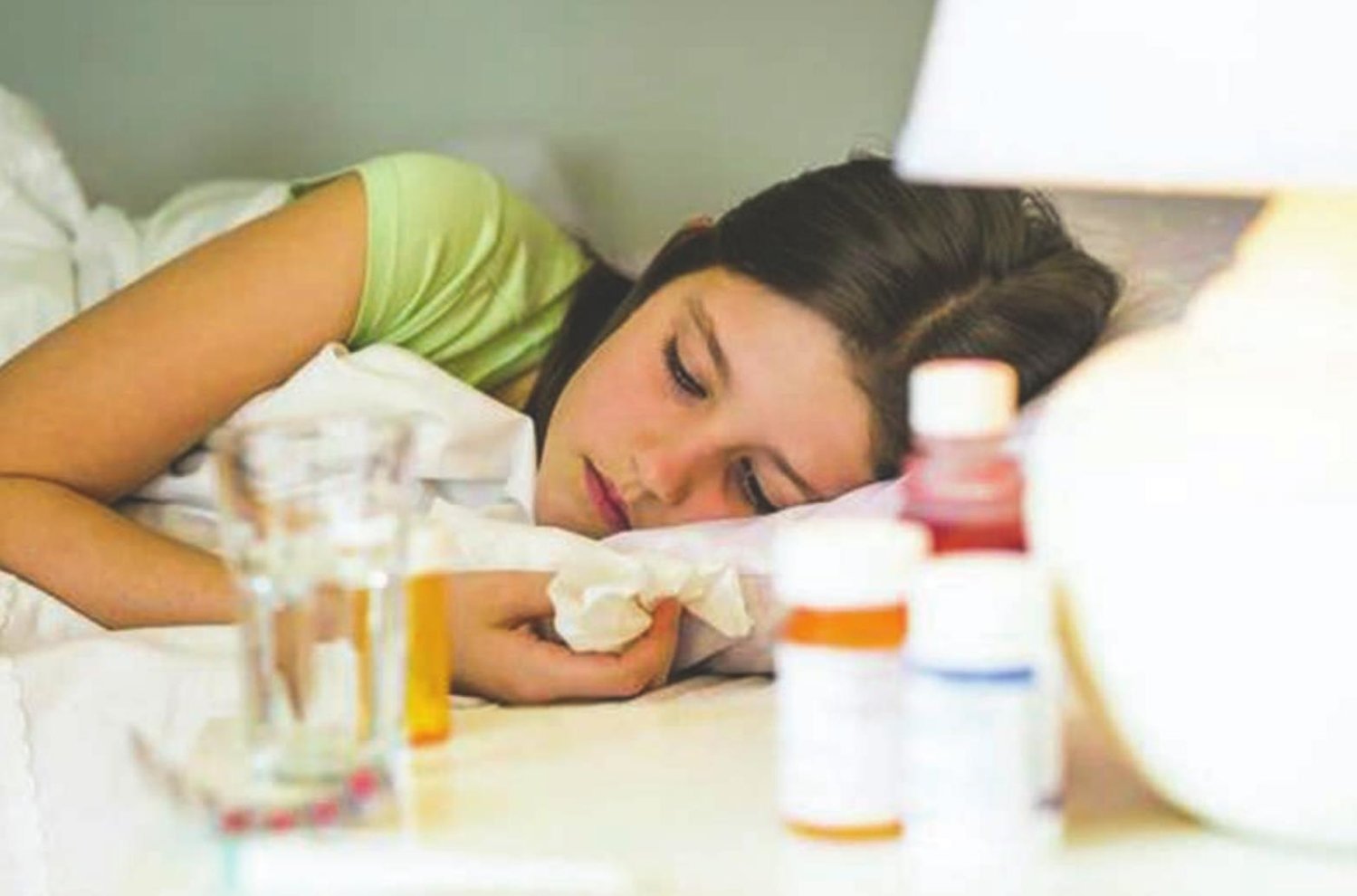A parent’s guide to dealing with covid
How to protect yourself and your family
What must you do if your child gets covid?
What do you do if they or their friends at school test positive?
As a Lexington County parent, grandparent or guardian you must:
• Care for …
This item is available in full to subscribers.
Subscribe to continue reading. Already a subscriber? Sign in
Get 50% of all subscriptions for a limited time. Subscribe today.
Please log in to continueNeed an account?
|
A parent’s guide to dealing with covid
How to protect yourself and your family
What must you do if your child gets covid?
What do you do if they or their friends at school test positive?
As a Lexington County parent, grandparent or guardian you must:
• Care for your child.
• Prevent the illness from spreading to other family members.
• Take care of yourself. Some children become seriously ill.
If you’re lucky, your child may feel only slightly ill or nothing at all.
Here’s what doctors recommended to Alina Dizik of the Wall Street Journal:
• To lessen the risk of exposure to others and yourself, make a tele-health appointment with your child’s pediatrician or your family doctor.
• Talk about what to expect during the illness and make a plan to keep other family members from being infected.
• Don’t hesitate to call your doctor any time you’re concerned about anything. Seek immediate medical help if your child has breathing problems.
Other warning signs include not tolerating food or drink, having fatigue or a fever that lasts longer than 7 days.
• Infants with a high feve for multiple days can have a harder time replenishing fluid and may need intravenous fluids.
• The CDC recommends testing close contacts of those infected.
• Quarantine as soon as you learn your child tested positive. Don’t risk exposing others while you are awaiting your test results.
• Even if you test negative, many health experts advise family members to quarantine for 14 days.
• In some cases, the CDC offers options for a 10- or 7-day quarantine with a negative test result. Both options require monitoring of symptoms for the full 14 days.
• If you are fully vaccinated within the past 3 months and show no symptoms, you aren’t required to quarantine but consult your doctor.
• Symptoms of infected children include fever, cough, loss of taste and smell, nasal congestion or difficulty breathing.
• Most children feel better in 3 to 5 days but some with pre-existing conditions may show severe symptoms.
• A few children develop rare but serious multisystem inflammatory syndrome. This comes with high fever and inflammation pains all over their bodies.
Call your doctor if your child develops a high fever or abdominal pain.
• To comfort a sick child, do as you would if they have a cold or the flu.
Have them drink lots of fluids, and fever medications if necessary.
• Talk with your child about what they have heard about the virus and correct any misconceptions they express.
• Plan with them and the rest of the family how you’ll handle isolation.
• If you have enough space at home, give your child a separate bedroom and bathroom.
For older children, leave food and other items at the door of their rooms.
• Encourage everyone to wear masks in common areas. Wash hands and clean often-used surfaces.
Improve ventilation by opening windows from time to time to halt virus particles from accumulating.
With questions or comments, email JerryBellune@yahoo.com .
Other items that may interest you







Comments
No comments on this item Please log in to comment by clicking here